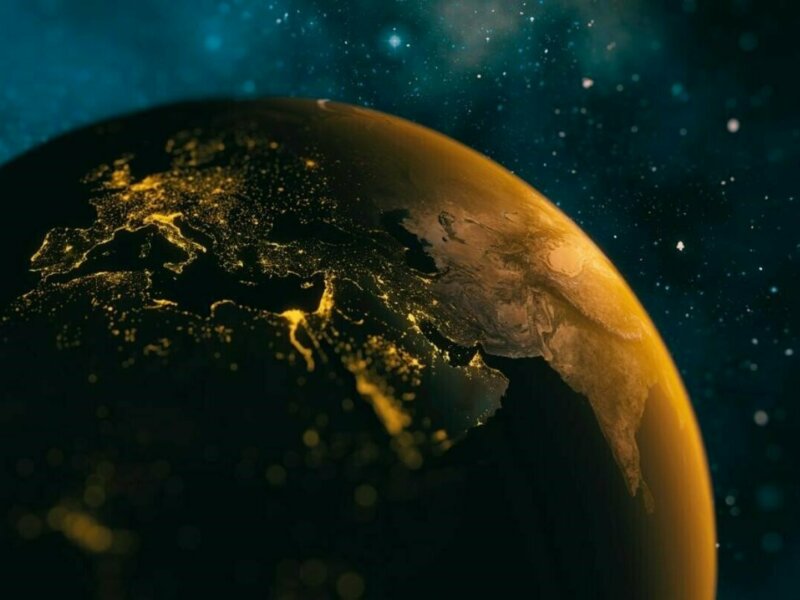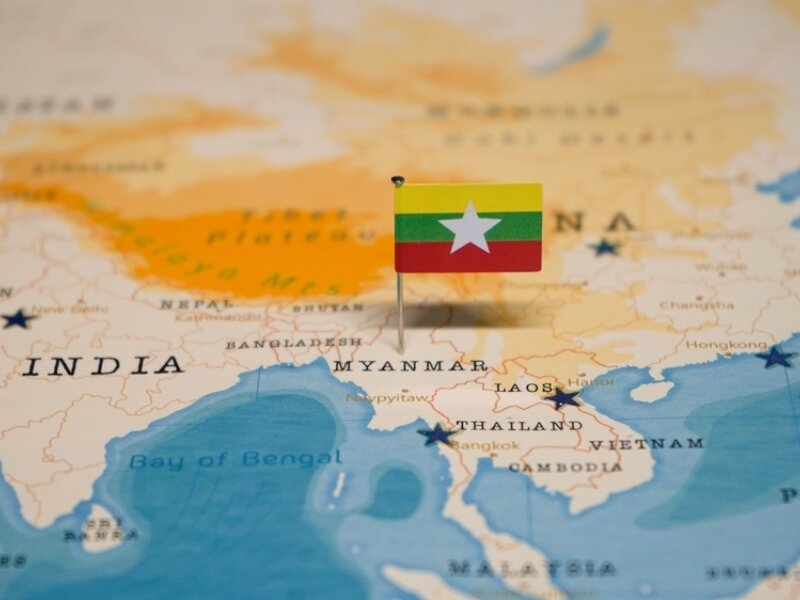China, India, Pakistan and Afghanistan: what could change in the region?
The US withdrawal from Afghanistan has put an end to what senior correspondent and deputy Foreign Policy news editor Michael Hirsch defined as “America’s greatest strategic disaster”. However, it also opened a huge geopolitical and diplomatic Pandora’s box for the key players in that turbulent region – chiefly India, China and Pakistan.

The US withdrawal from Afghanistan has put an end to what senior correspondent and deputy Foreign Policy news editor Michael Hirsch defined as “America’s greatest strategic disaster”. However, it also opened a huge geopolitical and diplomatic Pandora’s box for the key players in that turbulent region – chiefly India, China and Pakistan.
These countries will now have to decide whether to limit their role to just containing the Afghan chaos – and, should the opportunity arise, profiting from it – or to play a direct role in the stabilisation of the country.
The latter option appears to be politically very difficult, as well as scarcely profitable from an economic point of view. As noted by Colm Quinn in Foreign Policy (18 August 2021), “No immediate bonanza awaits Afghanistan’s prospective partners. It remains one of the poorest countries in the world, with a now-enhanced reputation for humbling great powers. A country that relies on international aid for 80% of its budget is unlikely to have much to trade with, and dreams of unlocking Afghanistan’s rare-earth deposits will depend heavily on stabilizing the war-torn nation.”
The harsh ideological contrasts that are shaking the Pakistani establishment at the highest level put this dilemma into stark relief. In an article entitled “Pakistan Divided Over Taliban Victories in Afghanistan”, published on the Gandhara news portal, Abubakar Siddique explains: “The Taliban’s rapid victories in neighboring Afghanistan have once again highlighted deep divisions within Pakistan, where some are celebrating the hard-line Islamists’ expanding territorial control while others warn of increasing homegrown violence and extremism. The public rift heralds a future wherein the Taliban’s return to power and the gloating of Pakistani supporters are stoking fears of a subsequent rise in extremism. Many in Pakistan blame its own rulers and terrorist groups for bringing the Afghan war into their country”.
The Pakistani Government does not share these fears. In an interview on 18 August, Pakistan’s ambassador to the US, Asad Majeed Khan, harshly criticised “rumours” in international media about atrocities allegedly carried out by Taliban, since “they seemed to be listening to the counsel of international community”.
However, as noted by Abdul Basit on Al Jazeera, it was in New Delhi that the Afghan ‘earthquake’ ushered in the most remarkable change. The Indian Government - after refusing for a long time to establish direct relations with the Taliban, in the name of its friendship with the Afghan Government - “in a crucial policy shift, (…) acknowledged that it entered into backchannel communications with the Taliban in Afghanistan. In early June, the Indian media reported that New Delhi has started talking to certain factions and leaders of the armed group against the backdrop of the withdrawal of the United States forces from Afghanistan. A few days later, India’s Minister of External Affairs all but confirmed these reports, stating that we are in touch with various stakeholders…in pursuance of our long-term commitment towards development and reconstruction of Afghanistan”.
This radical change in India’s policy towards Afghanistan was confirmed by the Indian Prime Minister himself during meetings with his counterparts in Moscow and, later, in Tehran. This shift was also soon corroborated by two very telling events. On 25 July, under Vladimir Putin’s satisfied gaze, the Indian Navy participated in Russia’s Navy Day in Saint Petersburg, alongside the Pakistani and Iranian Navies. A week later, a high-level delegation from Narendra Modi’s Government attended the inauguration of Ebrahim Raisi as President of Iran. In the words of C. Raja Mohan, Director of the Institute of South Asian Studies at the National University of Singapore (Foreign Policy, 4 August 2021), “As Afghanistan descends into abyss following the withdrawal of U.S. forces, New Delhi’s long-term calculus on the regional balance power is nudging it toward stronger cooperation with Tehran.”
However, what keeps political analysts worldwide wondering and debating is the role China could possibly play. As Mohan explains in the Indian Express, “many would be willing to bet that a combination of Chinese economy power and Pakistan army’s mentorship of Taliban provides a solid basis for the deliverance of Afghanistan from four-and-a-half decades of conflict”. But the feasibility of this scenario is up against two major challenges.
The first lies in the extreme political caution exercised by the Chinese Government, fully aware that “neither the prospect of mining Afghanistan’s natural resources nor the vanity of being the newest superpower will compel China to rush into the Afghan vacuum”.
Indeed, speaking about the situation in Afghanistan, Chinese Minister of Foreign Affairs Wang Yi avoided revealing his government’s real intentions, and limited himself to warning the Taliban that “as a major military force in Afghanistan, [it] should recognise its responsibility toward the country and the nation …and return to Afghanistan’s political mainstream with a sense of responsibility”.
The second, and maybe most relevant, challenge is sketched out in an article by Red Standish, published on the Gandhara news portal, under the title: “Explainer: Why Is China Talking to the Taliban?”
According to Standish, the Chinese Government and the Taliban “are strange bedfellows (…) China is an atheistic, communist state that is running an internal camp system in its western Xinjiang Province that is believed to have detained more than 1 million Uyghurs and other Muslim minorities. The Taliban, meanwhile, is a fundamentalist militant group that previously governed Afghanistan as an Islamic caliphate (…) So what’s driving the two sides together?”



